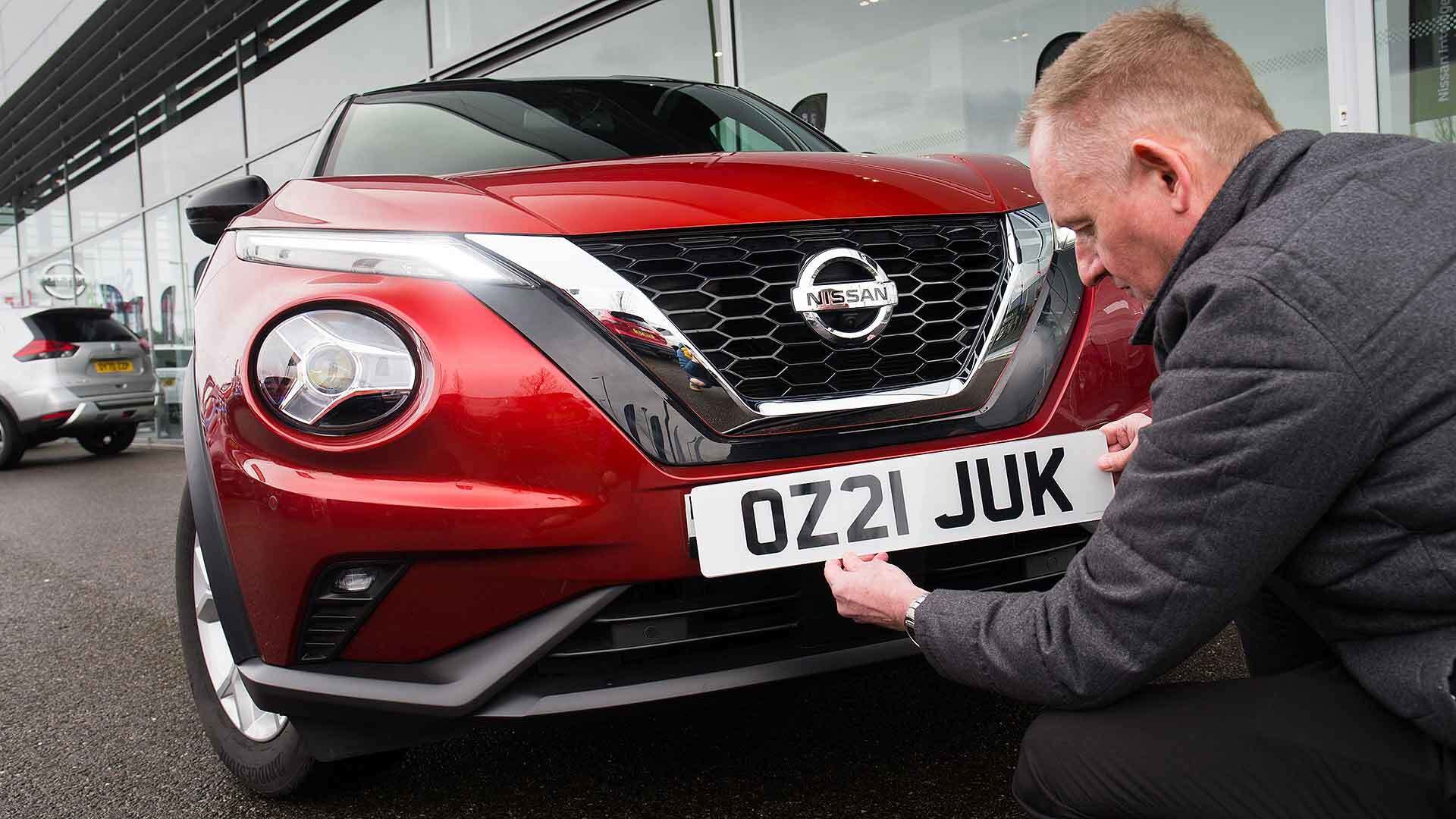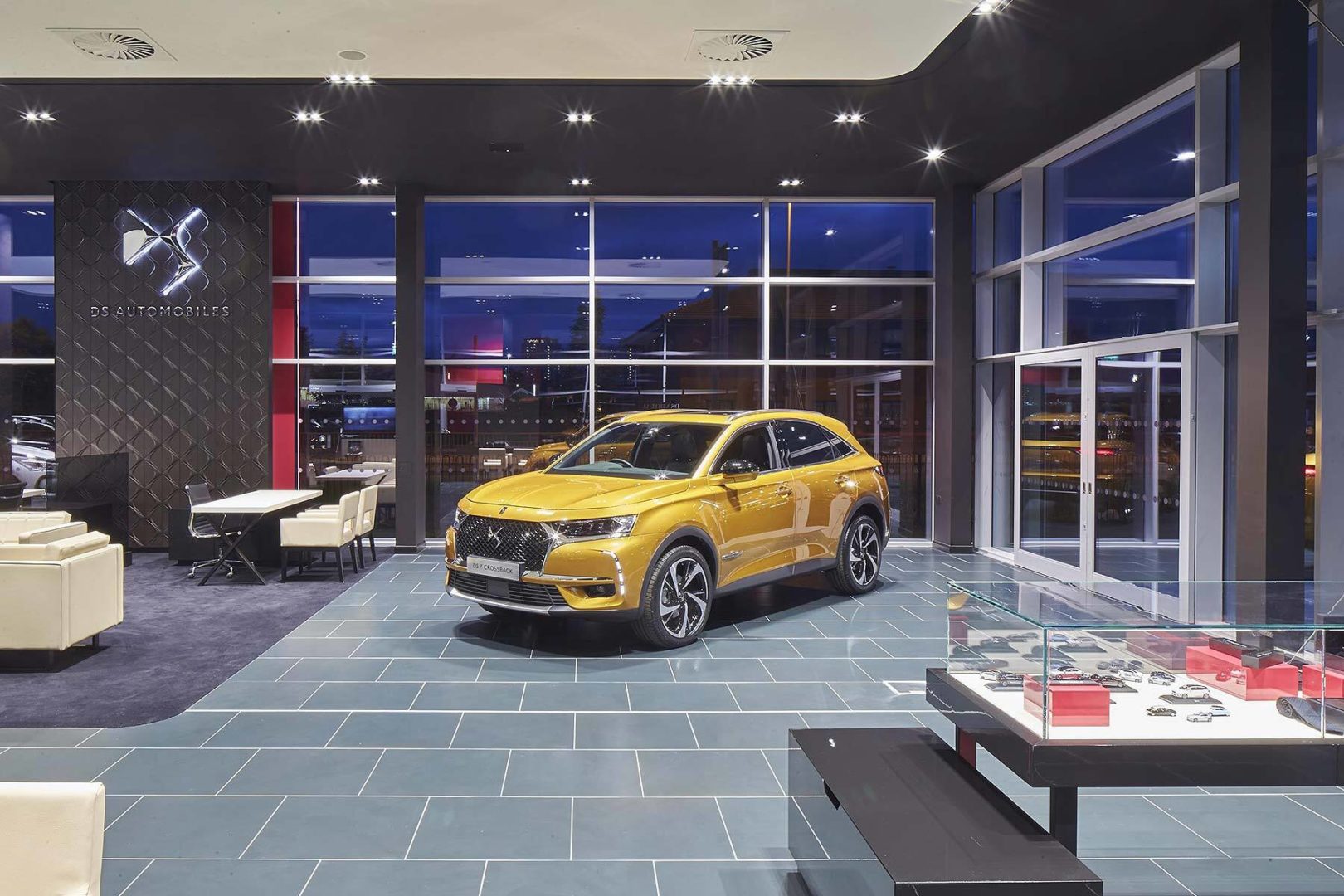
Last month was the weakest July for car registrations since 1998, according to new statistics from the Society of Motor Manufacturers and Traders (SMMT). The industry body blames the ‘pingdemic’ – alerts from the NHS app requiring customers to self-isolate – and ongoing semiconductor shortage for stifling sales.
In total, 123,296 new cars were registered in July – a fall of 22.3 percent compared with the average figure recorded over the last decade. It’s also a drop of 29.5 percent compared with July 2020.
However, the SMMT noted the comparison with figures from 12 months ago is ‘artificially heightened’ as registrations rose dramatically when car showrooms enjoyed a full month’s operation following the first 2020 coronavirus lockdown.
The decline was predominantly within large fleets, with registrations 28.7 percent lower than the average recorded over the past decade. However, private registrations also declined – albeit to a lesser extent – with demand down by 10.7 percent to 59,841 vehicles.
Down versus last decade

As a result of the ongoing supply issues, the SMMT now estimates 1.82 million cars will be registered this year, down from the 1.86 million forecasted in April. Although the projected figure is an 11.7 percent increase on 2020, it’s still some 21.5 percent lower than the new car market recorded in the last decade.
On a more positive note, the bumper growth in plug-in cars continued, with battery electric vehicles (BEVs) accounting for nine percent of registrations last month. Plug-in hybrids (PHEVs) reached eight percent. The SMMT says it expects BEVs to make up 9.5 percent of all new car registrations by the end of the year.
“The automotive sector continues to battle against shortages of semiconductors and staff, which is throttling our ability to translate a strengthening economic outlook into a full recovery,” said Mike Hawes, SMMT chief executive.
“The next few weeks will see changes to self-isolation policies which will hopefully help those companies across the industry dealing with staff absences, but the semiconductor shortage is likely to remain an issue until at least the rest of the year
“The bright spot, however, remains the increasing demand for electrified vehicles as consumers respond in ever greater numbers to these new technologies, driven by increased product choice, fiscal and financial incentives and an enjoyable driving experience.”
ALSO READ:
The British Motor Show will return in 2021
Tesla and MG were the ONLY car brands to grow in 2020
1 in 3 motorists ‘optimistic’ about buying an electric car by 2025